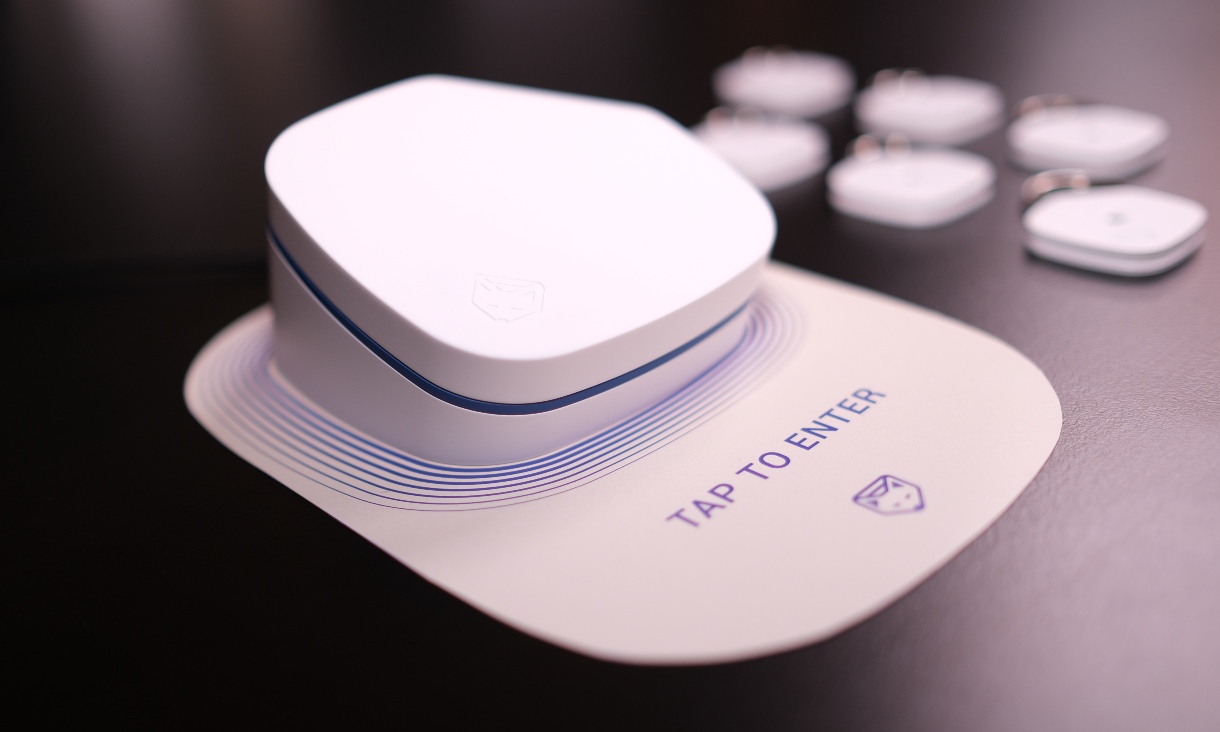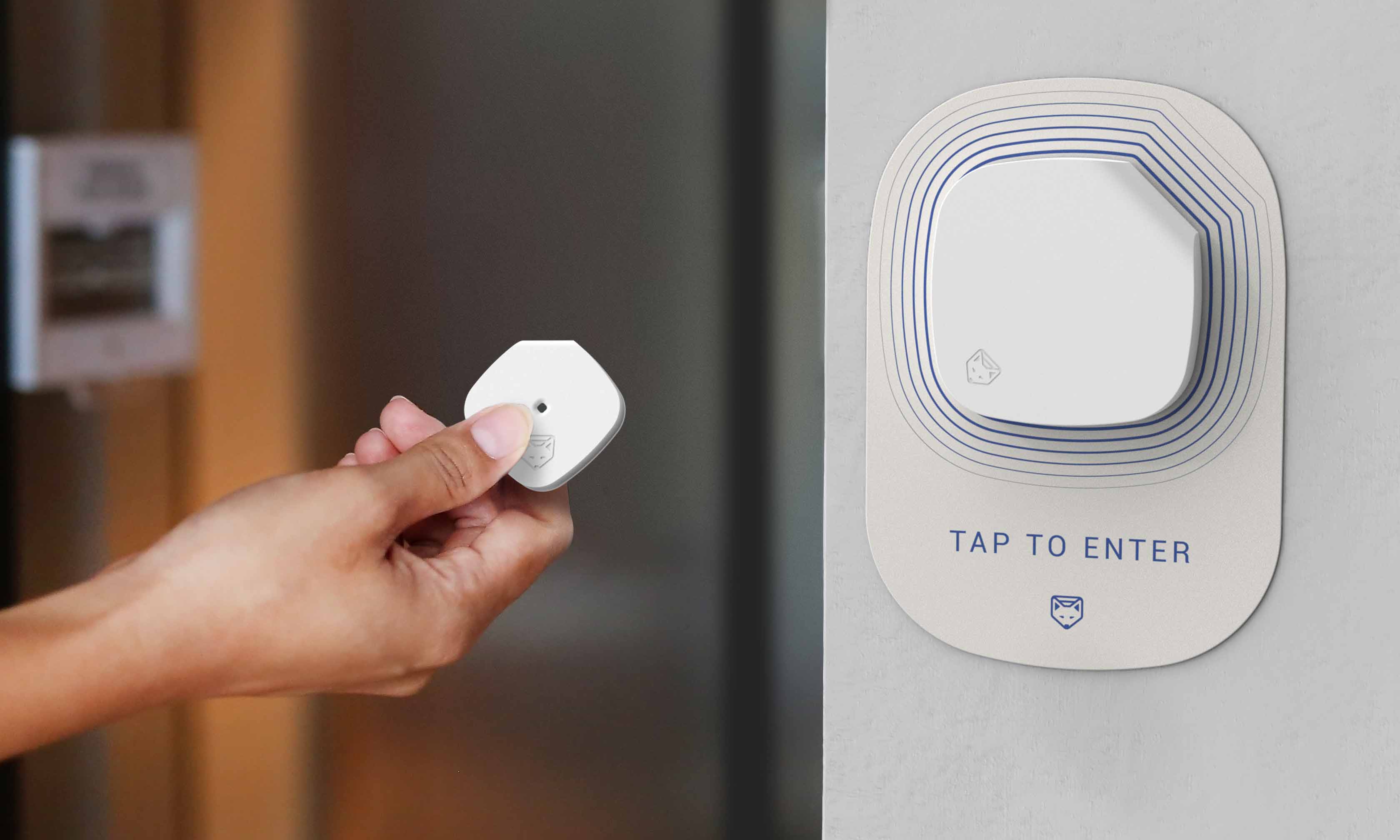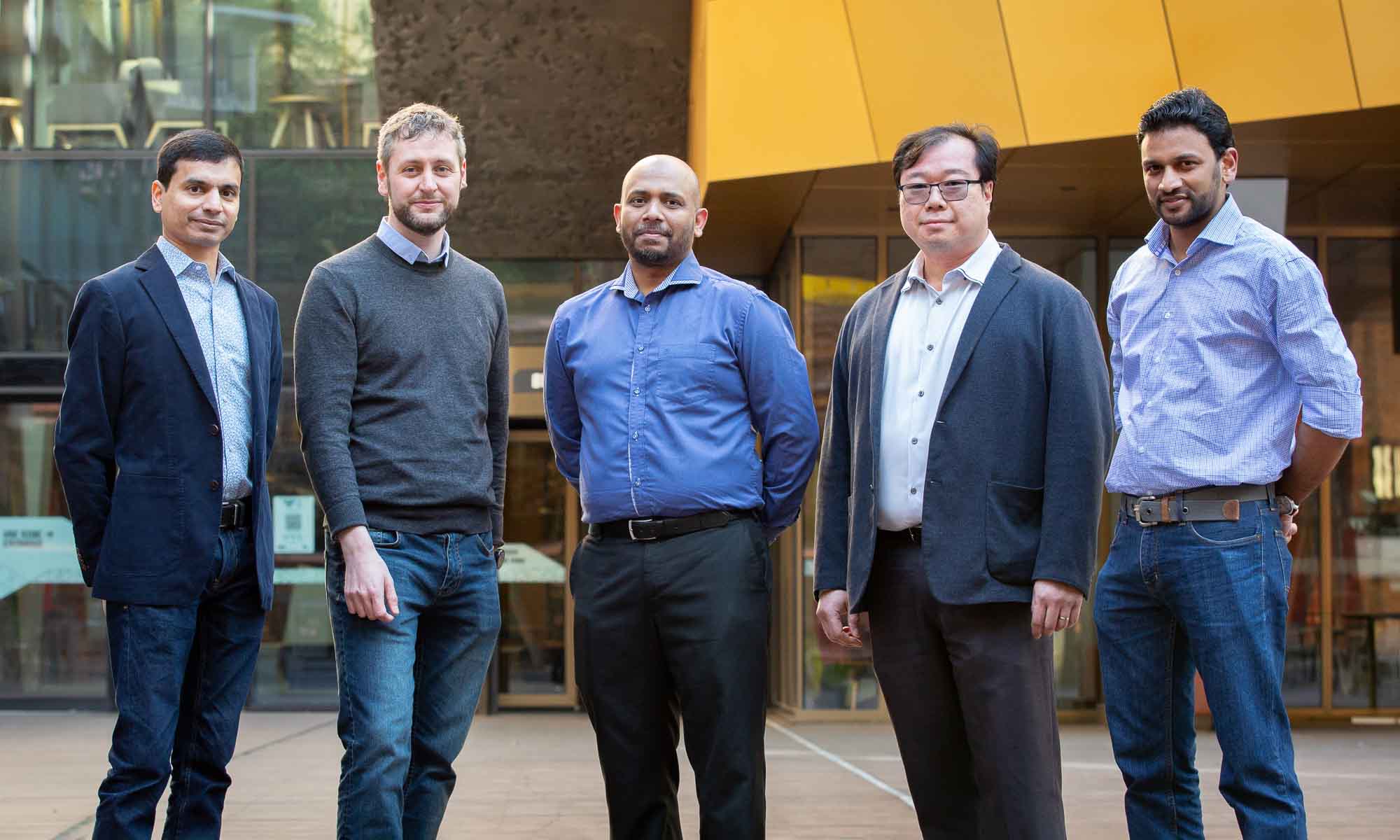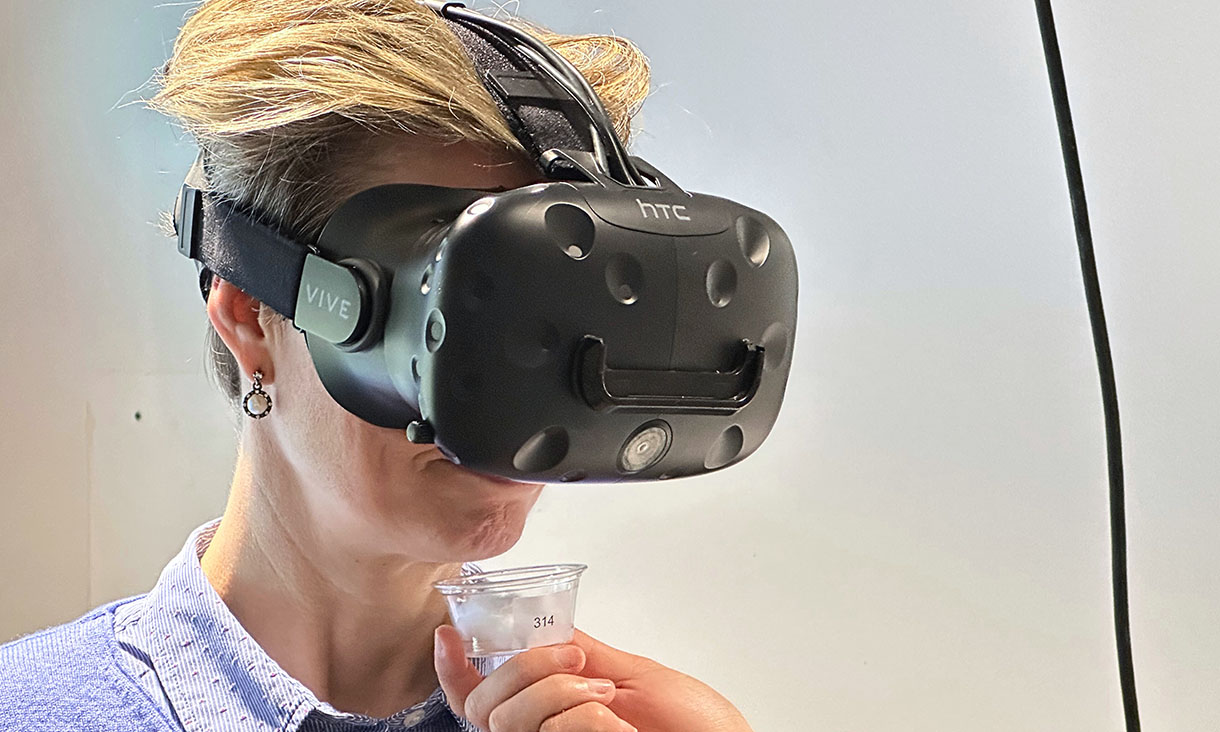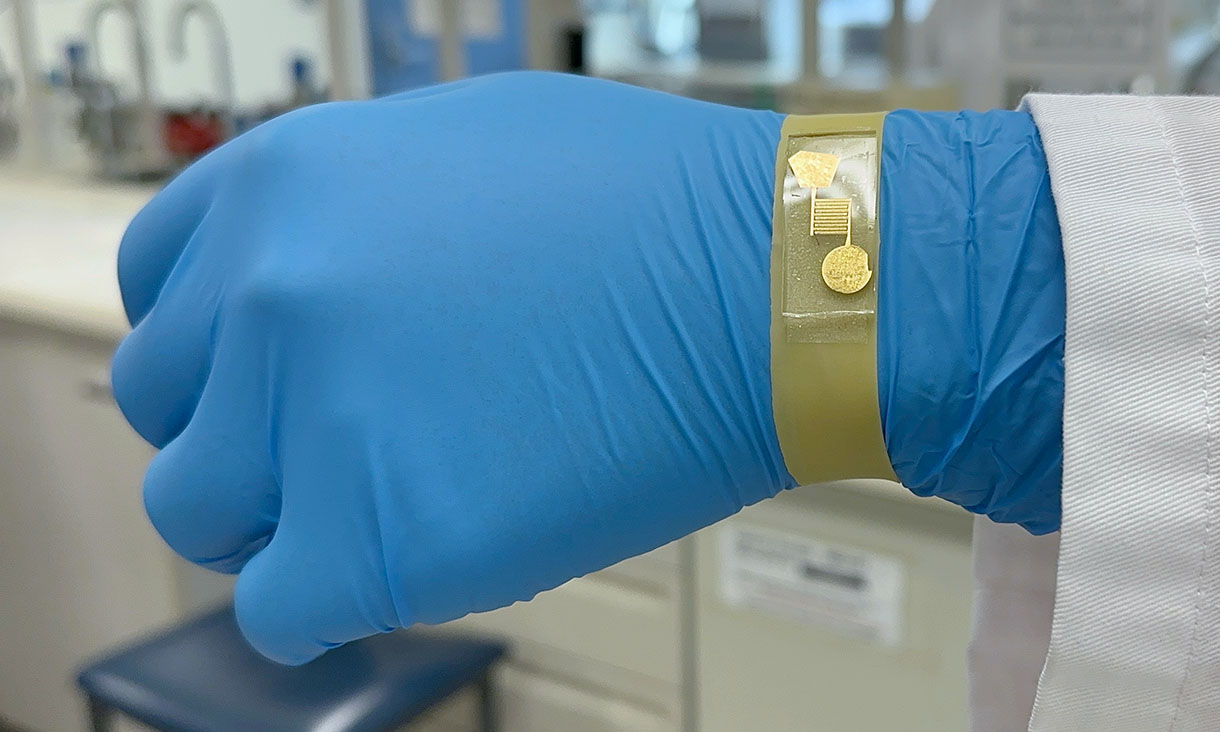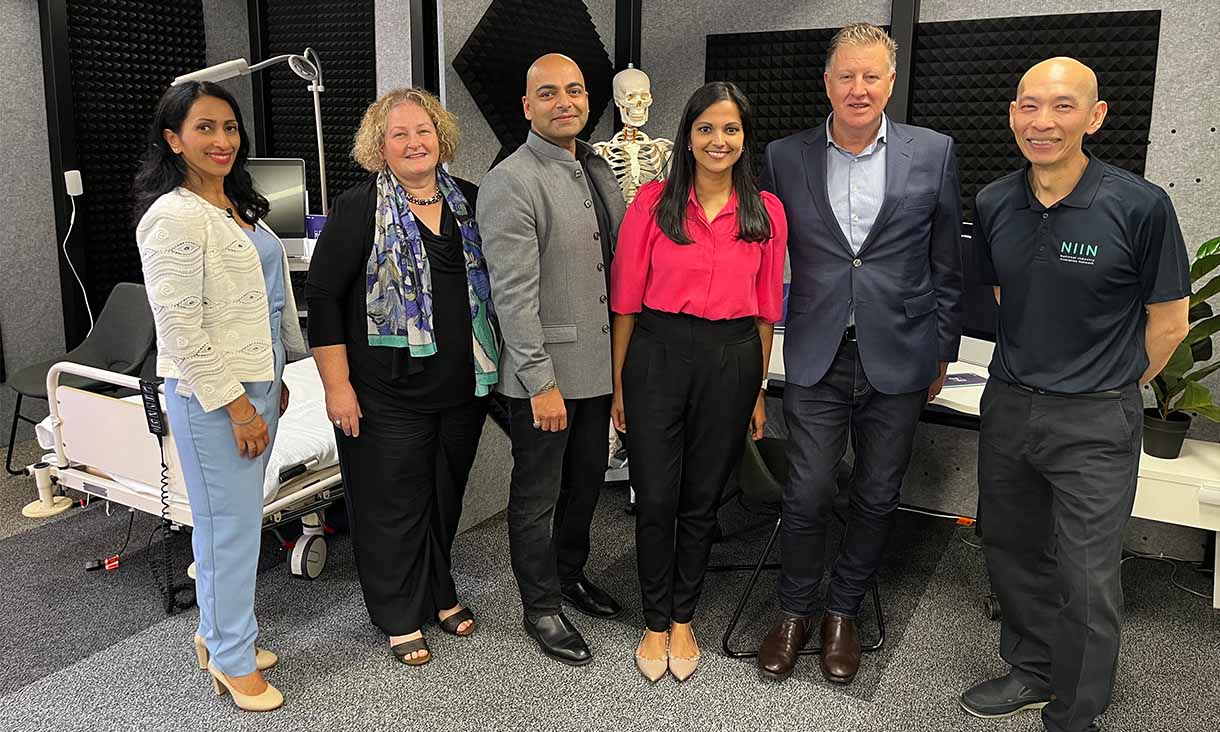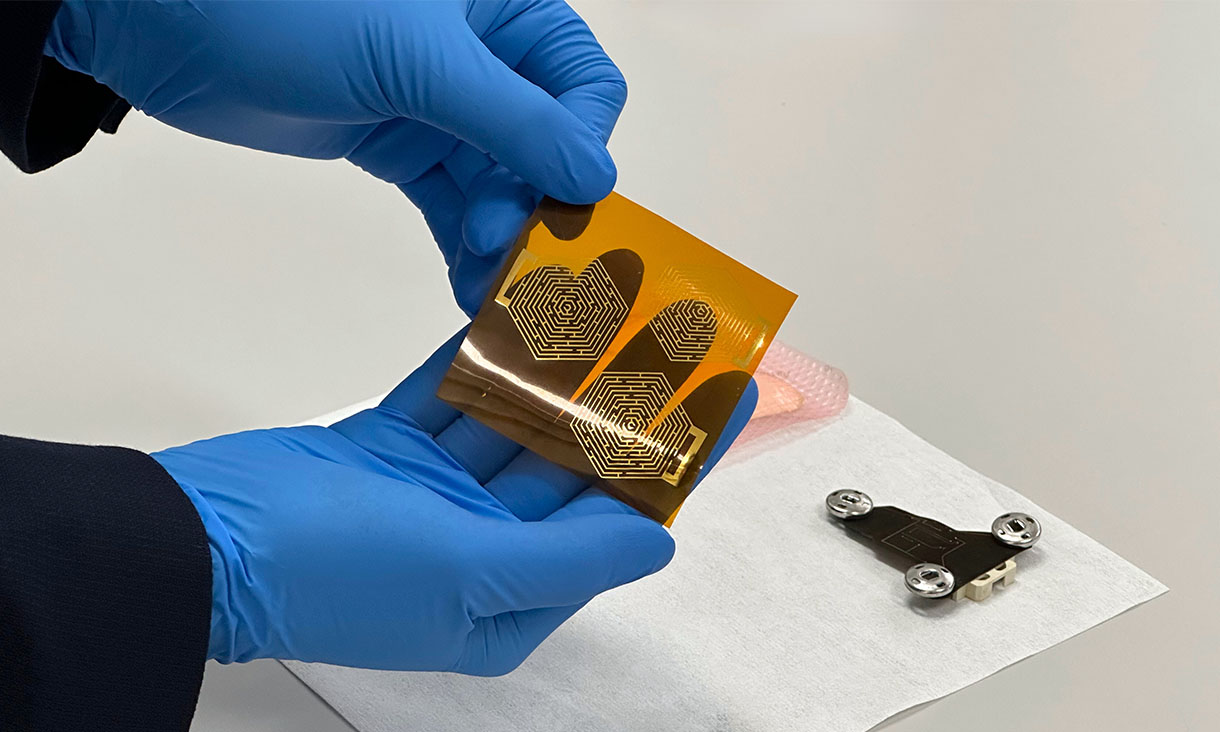Confinement may affect how we smell and feel about food
New research from RMIT University found confined and isolating environments changed the way people smelled and responded emotionally to certain food aromas.
Nose-like sensor sniffs out toxic ammonia gas
Engineers in Australia have developed a small ammonia gas sensor that could enable safer hydrogen storage and specialised medical diagnostic devices.
New alliance to future proof health sector
Nine leading universities and several industry partners are joining forces to address crucial challenges faced by the healthcare sector.
Wearable heart monitor ticks all the boxes for better healthcare: study
A new compact, lightweight, gel-free and waterproof electrocardiogram (ECG) sensor offers more comfort and less skin irritation, compared to similar heart monitoring devices on the market.
